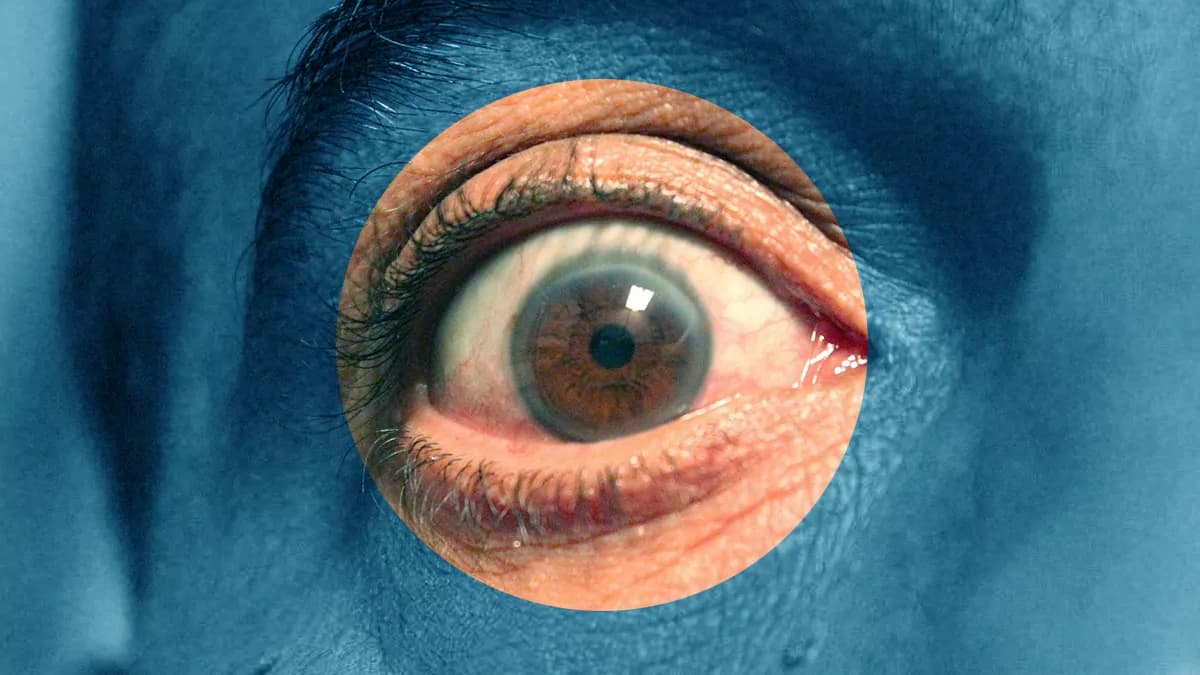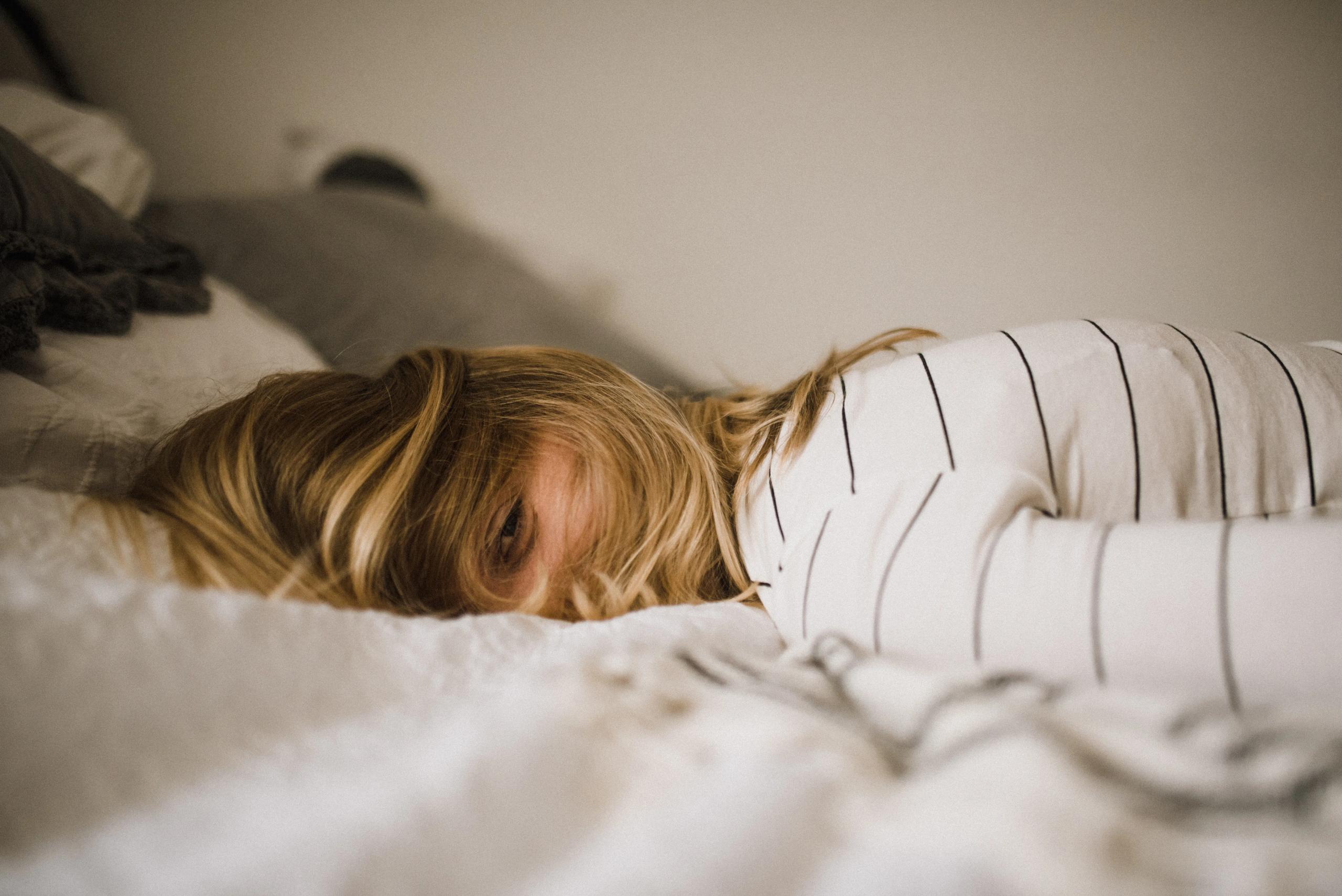The 5 easiest things you can do to sleep better
18. oktober 2023 kl. 09:28 · 3 minutter å lese

As anyone who's experienced even a mild episode of insomnia will be able to tell you, a lack of sleep can be debilitating.
Sadly, sleep issues are one of the more frequently reported symptoms of a variety of mental disorders. This is especially so with some of the most commonly diagnosed disorders such as depression and anxiety.
A licensed psychologist will usually be able to provide more tailored advice, but there are some general pointers that can be useful for everyone. So, with that in mind here are five handy tips to help you get better, more restful sleep.
1. Try to stay regular
Humans are creatures of habit, and this applies to sleep as much as anything else. As much as you can, try and keep to a regular sleep routine; going to bed and waking up at roughly the same times every day. This helps build up a habit and ready your body for sleep at an appropriate, healthy time. Different people need different amounts of sleep and this changes throughout our lives. Nevertheless, you should aim for between 6 and 9 hours a night.
It can be tempting to stay in bed and ‘make up for lost time’ if we have a night without proper rest, but this can be counterproductive. Sometimes we have to disrupt our normal routine, but this can interrupt our sleeping pattern more than we might realise and make it harder to reestablish.
2. Turn off the screens
Easier said than done, these days it can feel like we spend most of our lives in front of one screen or another. There is increasing evidence that these habits can seriously impinge on our ability to sleep well.
For one, social media use can contribute to stress and anxiety that many people feel, impeding their ability to sleep. But there are also indications that even the type of light emitted by such screens can affect our natural body clock and make it difficult for us to ‘shut down’ properly as our heads hit the pillow.
3. Read a book
So we’ve turned off the smartphone, but still, we can’t help but feel our thoughts racing about the day ahead. For many, reading a book can be a good way to both unwind and distract ourselves from the worries that may be affecting us.
Not only that but reading can have other cognitive benefits as well. Who knows it might be a gateway to a new interest, skill or career path as well.
4. Tune in, drop off.
If it's a simple distraction we’re after, it doesn’t necessarily have to be a book. Audiobooks are increasingly available and there are now a wealth of podcasts out there from multiple different sources online.
Some people find speech distracting when they are trying to switch off and find themselves unconsciously drawn to a conversation. In these cases, music might be a better option. However, it's probably best to filter what you listen to. Ambient music can be helpful here as loud, energetic genres might have the opposite desired effect.
5. Relaxation Exercises
Finally, there are other relaxation exercises that one can do to help us get to sleep naturally. Some forms of yoga or stretching can help relax us and release muscle tension that might be keeping us on edge. Strenuous exercise will boost our adrenaline levels making us more awake, so it's best not to overdo it. It's also possible to get a similar effect from having a warm bath before bed, and this will also help raise the body temperature to one where sleep becomes easier.
Mental health issues can be draining at the best of times and a lack of sleep can only make us feel worse. Whilst the above measures can be helpful for some, it's worth remembering that treating the symptoms and not the cause can only be so effective in the long run.
